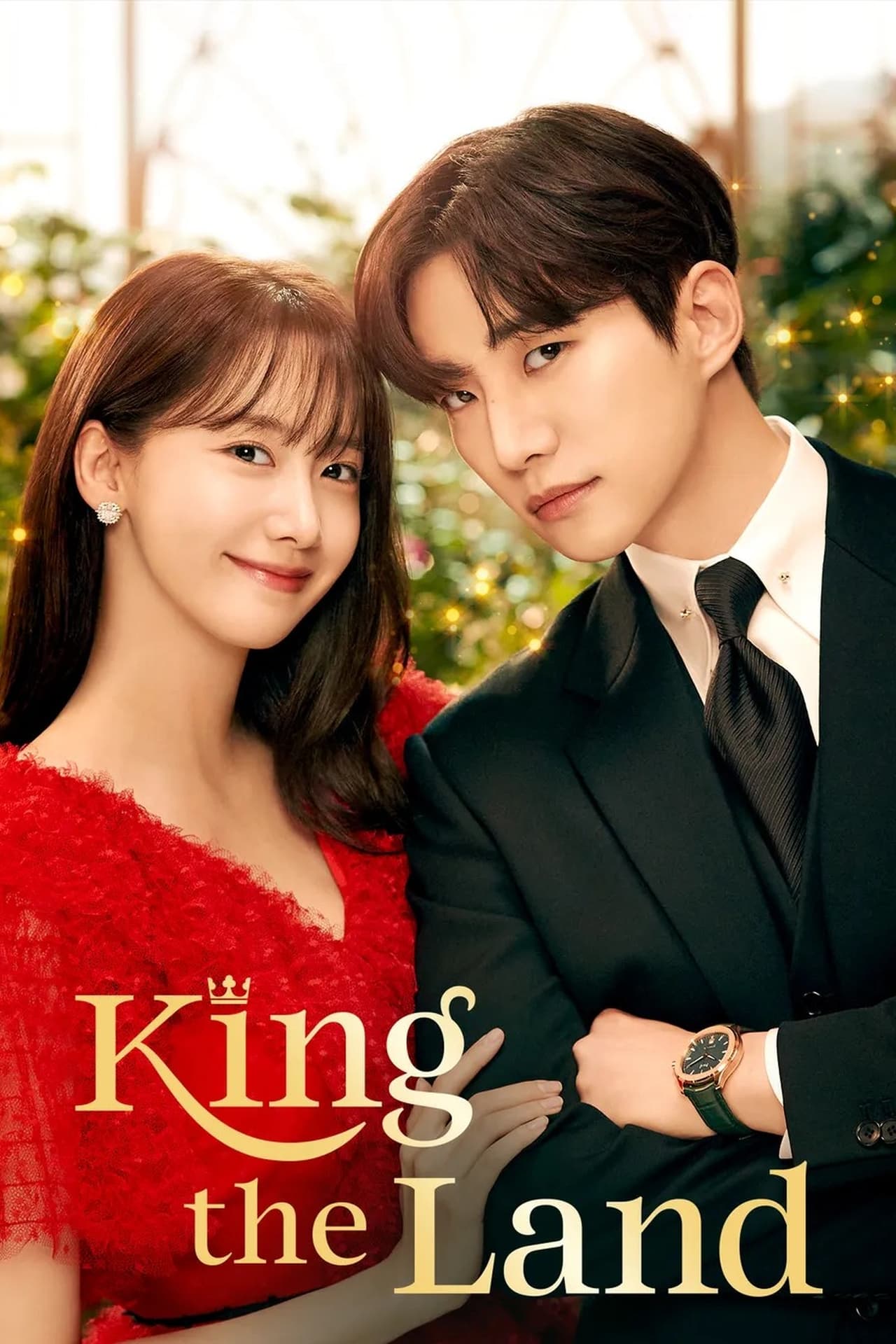Drama Korea King The Land Sub Indo Episode 6
Exploring the Mysteries of Kings and Kingdoms
Have you ever wondered what it would be like to live in a kingdom ruled by a powerful king? The world of kings and kingdoms has captivated people for centuries, filled with stories of valor, treachery, and splendor. In this article, we will delve into the intriguing world of kings and kingdoms, exploring their history, significance, and impact on society. Join me on this fascinating journey as we unlock the mysteries of these majestic realms.
The Role of Kings in History
The Rise of Monarchy
Monarchy, a form of government where power is vested in a single individual known as a king, has existed since ancient times. Kings have played a pivotal role in shaping the course of history, from forging empires to waging wars. Their rule has left an indelible mark on the world, influencing culture, politics, and society.
The Divine Right of Kings
One of the most enduring beliefs associated with kingship is the concept of the divine right of kings. According to this doctrine, monarchs are appointed by divine providence and their authority is derived from God. This belief has justified the absolute power wielded by kings throughout history, with their rule often regarded as ordained by heaven.
The Symbolism of Kingship
The Crown and Scepter
The crown and scepter are iconic symbols of kingship, representing authority, sovereignty, and divine right. These regal emblems have been used by kings for centuries to assert their power and legitimacy. The crown signifies the king's royal status, while the scepter symbolizes his rule and leadership.
The Royal Court
The royal court is the seat of power where the king holds court, presiding over matters of state and receiving dignitaries. It is a place of intrigue, where courtiers vie for favor and influence, and where the king's decisions shape the course of the kingdom. The royal court is a microcosm of the kingdom, reflecting its hierarchy, customs, and traditions.
Kingdoms of Legend and Lore
Camelot: The Legendary Kingdom of King Arthur

Camelot is a mythical kingdom associated with the legendary King Arthur and his Knights of the Round Table. It is a place of chivalry, honor, and romance, where Arthur ruled as a wise and just king. Camelot has inspired countless tales of heroism and adventure, cementing its place in the annals of legend.
Westeros: The Intriguing Realm of Game of Thrones

Westeros is the fictional kingdom depicted in the popular series "Game of Thrones" by George R.R. Martin. It is a realm of political intrigue, power struggles, and epic battles for the Iron Throne. With its rich tapestry of characters and plots, Westeros has captured the imagination of audiences worldwide.
The Legacy of Kingship
The Enduring Appeal of Kings and Kingdoms
Despite the passage of time, the allure of kings and kingdoms remains potent, resonating with our collective fascination with power, royalty, and majesty. The legacy of kingship endures in our myths, legends, and fantasies, reminding us of a bygone era when kings ruled with absolute authority and grandeur.
The Evolution of Monarchy in the Modern World
In today's world, monarchies have adapted to changing times, embracing constitutional constraints and democratic reforms. The role of kings has evolved from absolute rulers to constitutional monarchs with ceremonial duties. However, the mystique of kingship continues to captivate us, fueling our imagination and creativity.
Conclusion
As we conclude our exploration of kings and kingdoms, we are reminded of the enduring legacy of royalty and power. The world of kingship is a tapestry of history, symbolism, and intrigue, woven with threads of valor and treachery. Kings and kingdoms have left an indelible mark on our collective consciousness, shaping our perceptions of authority and leadership.
FAQs (Frequently Asked Questions)
1. Why were kings considered to have a divine right to rule?
Kings were believed to have a divine right to rule based on the belief that their authority was ordained by God, giving legitimacy to their reign and absolute power.
2. How did the concept of monarchy evolve over time?
The concept of monarchy evolved from absolute rule to constitutional monarchies, where kings have ceremonial roles and govern within the framework of a constitution.
3. What role do royal symbols like the crown and scepter play in kingship?
Royal symbols like the crown and scepter represent authority, sovereignty, and divine right, serving as iconic emblems of kingship and power.
4. What are some famous examples of kings and kingdoms in history?
Famous examples of kings and kingdoms include King Arthur's Camelot and the fictional realm of Westeros in "Game of Thrones," each with their own unique stories and legends.
5. How has the portrayal of kings and kingdoms in literature and media influenced popular culture?
The portrayal of kings and kingdoms in literature and media has influenced popular culture by inspiring stories of heroism, adventure, and political intrigue, shaping our perceptions of royalty and power.
Additional Topics
The Role of Queens in Monarchy
Exploring the impact of queens on monarchy, from powerful regents to influential consorts, and their contributions to the history of kings and kingdoms.
The Decline of Monarchies in the Modern World
Examining the factors that have led to the decline of monarchies in favor of democratic governments, and the challenges faced by modern monarchs in maintaining relevance.
The Influence of Kingship on Art and Culture
Investigating how the iconography of kings and kingdoms has inspired artists, writers, and filmmakers, shaping the cultural landscape and reflecting societal values.
The Representation of Kings and Kingdoms in Popular Culture
Analyzing the portrayal of kings and kingdoms in films, TV shows, and literature, and how these representations influence our perceptions of royalty and power.
The Intriguing Lives of Medieval Kings and Queens
Delving into the lives of medieval monarchs, their courtly intrigues, romantic entanglements, and political machinations, uncovering the human side of royalty.
The Power Dynamics of Kings and Their Advisors
Exploring the relationships between kings and their advisors, from trusted counselors to cunning manipulators, and how these dynamics shape the course of history.
The Legacy of Kingship in Fairy Tales and Folklore
Tracing the legacy of kingship in fairy tales and folklore, from benevolent rulers to wicked tyrants, and the enduring themes of justice, loyalty, and redemption.
The Influence of Kings and Kingdoms on Architectural Design
Examining how the grandeur of kings and kingdoms has influenced architectural styles, from medieval castles to royal palaces, and the symbolism embedded in their design.
The Decline of Absolute Monarchy and the Rise of Constitutional Monarchies
Charting the transition from absolute rule to constitutional constraints, and the impact of democratic reforms on the institution of monarchy in the modern world.
The Conflict Between Church and State in Medieval Kingship
Exploring the complex relationship between kings and the church, from conflicts over power and authority to alliances forged for mutual benefit, and the impact on society and governance.

Posting Komentar